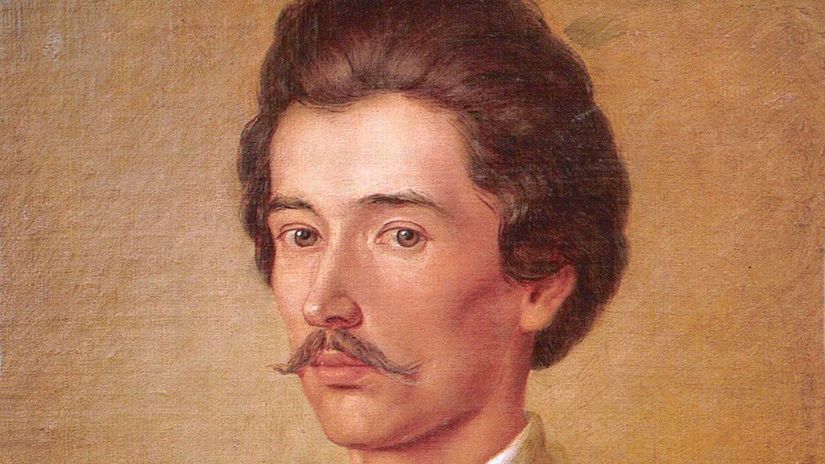The world will remember him: Who is Sándor Petőfi, whose poems are folk songs?
Petőfi shouted freedom and patriotism in the most active moment of Hungarian history, and this cry became the common voice of all people longing for freedom. This poet, respected by the world, is commemorated all over the world on his 200th birthday.

Every Hungarian loves; national poet and hero Sándor Petőfi was born on January 1, 1823, in Kiskorös, and died on July 31, 1849, in Segesvâr. His real name is Aleksander Petrovics. He came from a peasant family. His mother was a maid and his father was a butcher. Although Petofi was a hard-working student, he had to change schools frequently and did not finish high school.
Sándor Petőfi (1 January 1823 – most likely 31 July 1849) is considered Hungary's national poet, and was one of the key figures of the Hungarian Revolution of 1848. He is the author of the Nemzeti dal (National Song), which is said to have inspired the revolution in the Kingdom of Hungary that grew into a war for independence from the Austrian Empire.
His interest in theater and poetry began in these years. When his family's situation deteriorated, he entered the National Theater in Pest as a worker in 1838. Then he volunteered for the army. However, due to the deterioration of his health, he left the military after a year and a half. Two of his poems were first published in a journal in 1842. He traveled to many cities in Hungary by joining a traveling theater company. In 1844, with the support of the famous Hungarian poet Mihâly Vörösmarty (1800-1855), he became the assistant editor-in-chief of the journal Peşti Divat-lap. Thus, he not only solved his livelihood problem but also had the opportunity to establish close relations with patriotic literary figures from Pest, such as the writer Mor Jökai (1825-1904) and the poet Jânos Arany (1817-1882). He married Julia von Szendrey in 1847.
Petofi, who rebelled against the social injustice in his country and the rule of the Habsburg dynasty, founded a magazine called Eletkepek with his friends. He participated in the 15 March 1848 uprising as the leader of the Pest youth. “Talpra, Magyar!” His poem (“Let's Hungarian, Behave”) symbolized the Hungarian Revolution. Although Petofi was an ardent revolutionary, he was young and inexperienced. Those who took advantage of this prevented him from being elected to the Diet (council).
Meanwhile, Russia had united with Austria against the Hungarians. Petofi joined the army with the rank of significant to fight the tsarist gangs that entered Hungary. It was also lost during the battle of Segesvâr. He was later declared a national hero.
Petofi, who wrote his first poem at the age of fifteen, studied European literature in the same period and made translations. He found the tradition of classical poetry inadequate and contrived. His aim was to find a new poetic language that would reflect the voice of his people. His first book of poetry, published in 1844, was criticized by conservative circles for being rude, but his poems generally became popular enough to become folk songs. These poems, filled with a sensibility for the people and a realism wrought with sarcasm, also included rebellion against injustice. Petofi later added new poems expressing his love for his wife. His lyrical poems, in which he reflects his idealist, revolutionary and nationalist feelings and thoughts, also influenced the next generations and became one of the world classics.
